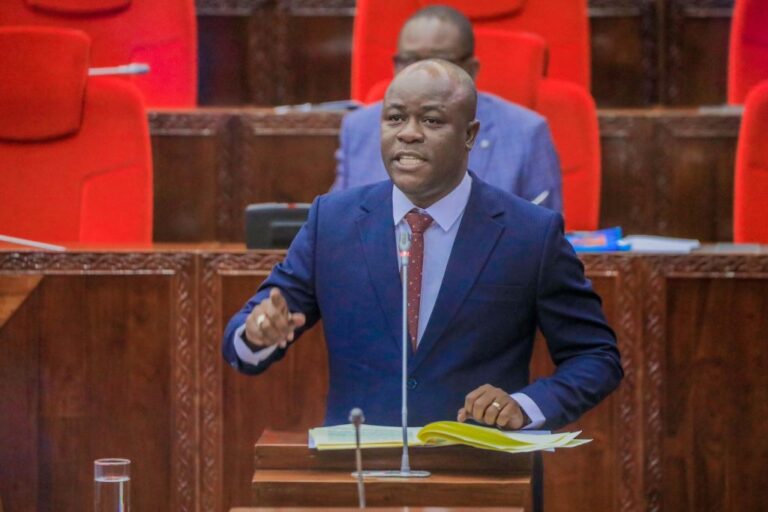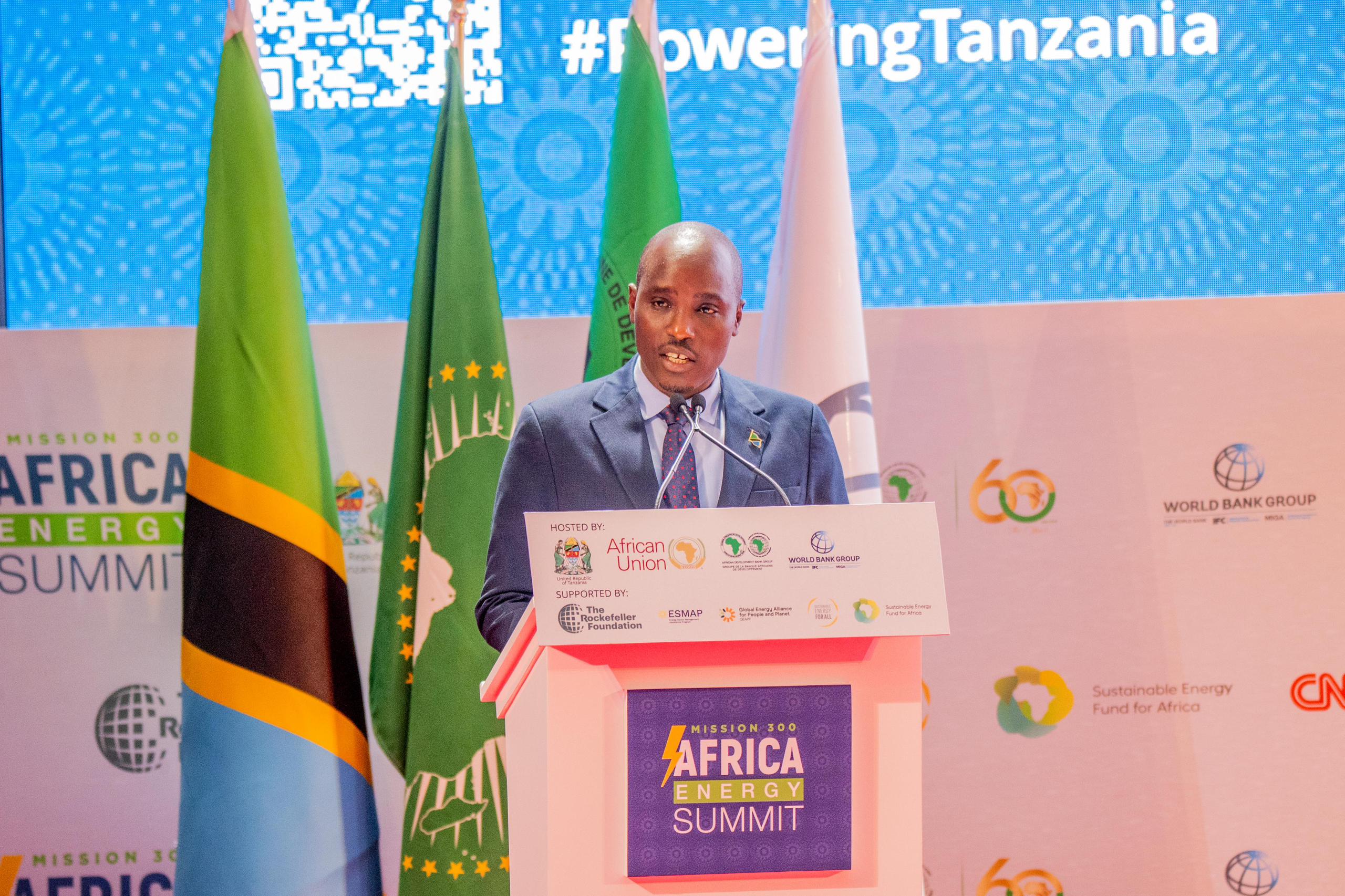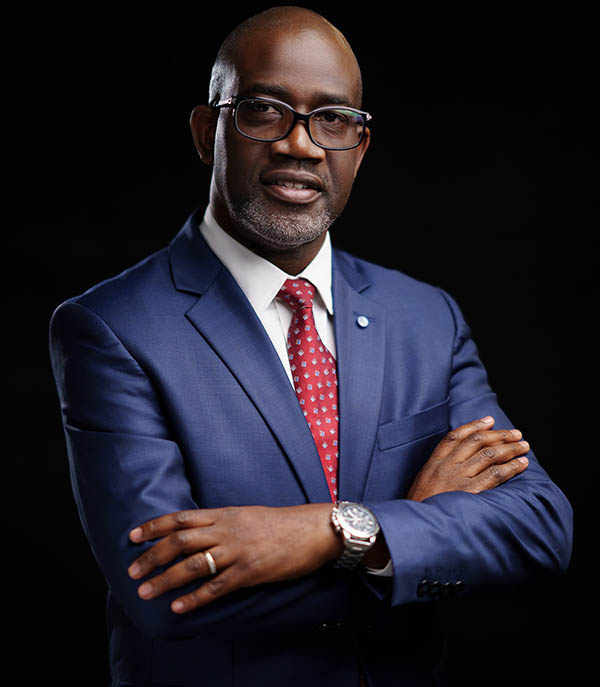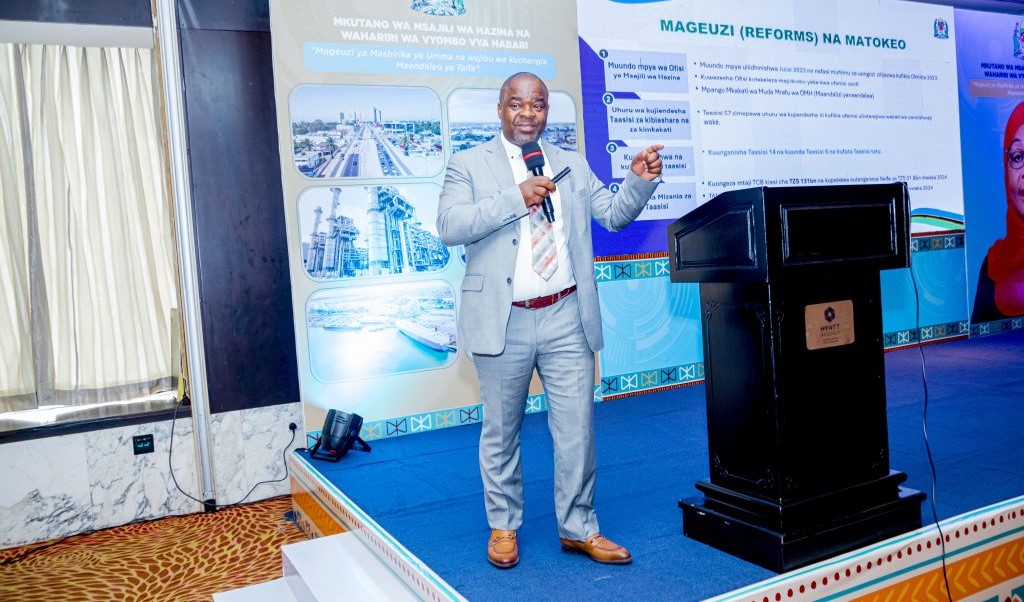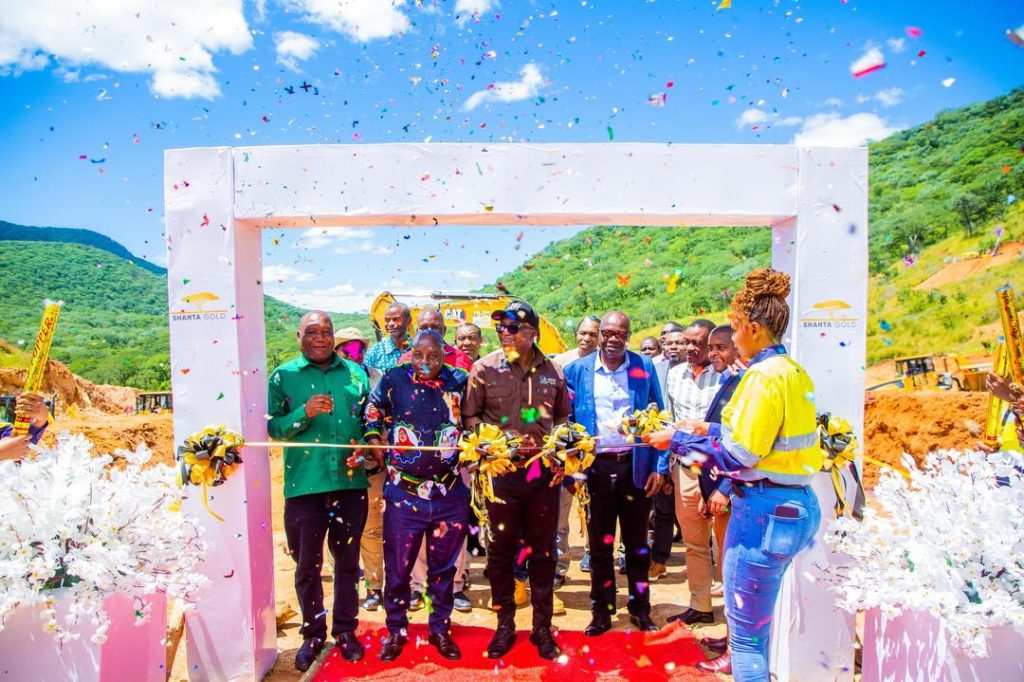Dodoma. The Tanzanian ministry of Water is seeking Parliament’s approval of over Sh1 trillion for the implementation of urban and rural water projects in the financial year 2025/26, with a strong focus on infrastructure expansion, improved service delivery, and resource sustainability.
Presenting the estimates in the National Assembly On May 8, 2025, the minister for Water, Mr Jumaa Aweso, requested a total of Sh1.016 trillion for the ministry’s operations. Of this amount, Sh73.78 billion is set aside for recurrent expenditure, while Sh943.12 billion will go towards development programmes.
“The recurrent budget includes Sh18.08 billion for other charges and Sh55.70 billion for salaries and emoluments of staff at the ministry, the Rural Water Supply and Sanitation Agency (Ruwasa) and, the National Water Fund and the Water Institute,” Mr Aweso said.
A breakdown of the development budget shows that Sh340.46 billion, or 36.1 percent, will be sourced locally, while Sh602.65 billion, representing 63.9 percent, will be externally financed.
In the financial year 2025/26, the ministry intends to implement 225 urban water projects and 1,318 rural water schemes, with a further plan to extend clean water access to 1,781 underserved villages under a special programme.
“Implementation of these initiatives is expected to raise rural water coverage from the current 83 percent to over 85 percent,” Mr Aweso said.
Key urban projects lined up include the expansion of the Dar es Salaam water network, water conveyance from River Rufiji to Dar es Salaam and Lindi, the Vwawa–Tunduma water and sanitation project, and new clean water networks in Kalenga, Mseke, Kiwele and Luhota in Iringa Region.
In Lindi Region, the Ruangwa-based Muungano project will provide water to Kilimani, Mchangani, Lipande, Likangara, Nachingwea, Dodoma Kitandi and Maguja. Other major interventions include service provision to towns along Lake Tanganyika such as Kigoma, Mpanda and Sumbawanga, and climate adaptation projects in southern regions like Michiga, Liwale, Mtua and Longa.
The ministry will also roll out water and sanitation initiatives in 28 towns, with notable projects including the River Kiwira–Mbeya water pipeline, sanitation upgrades in Shinyanga and Morogoro, and the Simiyu climate resilience project.
Sanitation infrastructure works will cover urban centres and smaller towns, with sewerage systems planned for Mbezi Beach in Dar es Salaam, Magufuli Town, and treatment ponds in Buigiri, Chamwino, Dodoma.
To ensure quality service delivery, Mr Aweso said the ministry will continue strengthening the operations and maintenance of water schemes, improve revenue collection, and enhance the involvement of private sector players in rural water services.
Further, the ministry plans to step up public education campaigns on safeguarding water infrastructure and address rising incidents of vandalism and water theft.
The goal is to reduce water losses from 33.4 percent in 2024/25 to international standards of around 20 percent.
“Mr Speaker, in water quality assurance, the ministry will monitor 2,200 water sources, 8,245 supply systems and 150 wastewater systems. Laboratory facilities in Arusha and Tanga will also be constructed and equipped, while 40 water authorities and 120 CBWSOs will be supported to implement Water Safety Plans,” he noted.
Meanwhile, the ministry will proceed with major strategic water projects, continue constructing and rehabilitating 36 dams, design 16 more, and drill deep wells across the country. Plans are also underway to develop the National Water Grid and formulate the National Water Master Plan.

